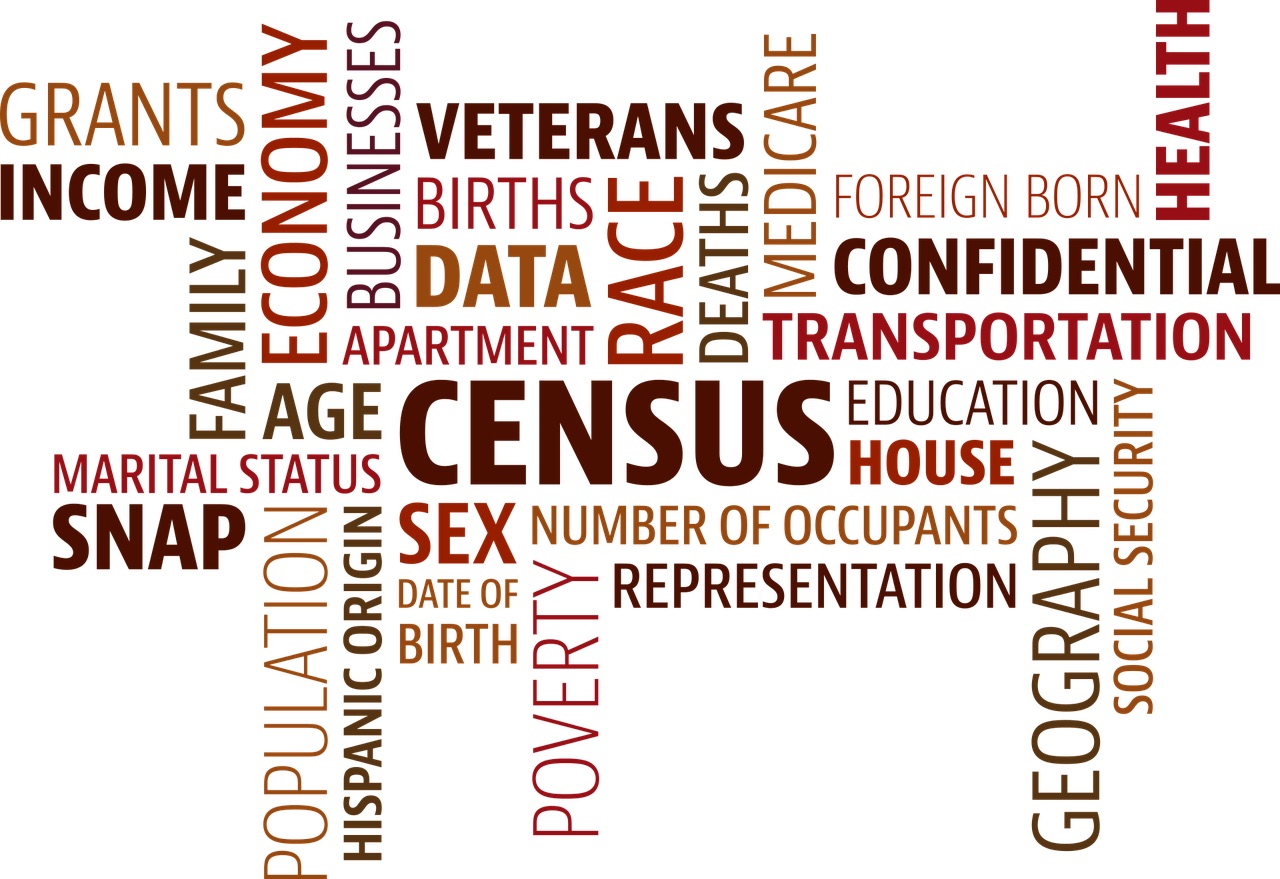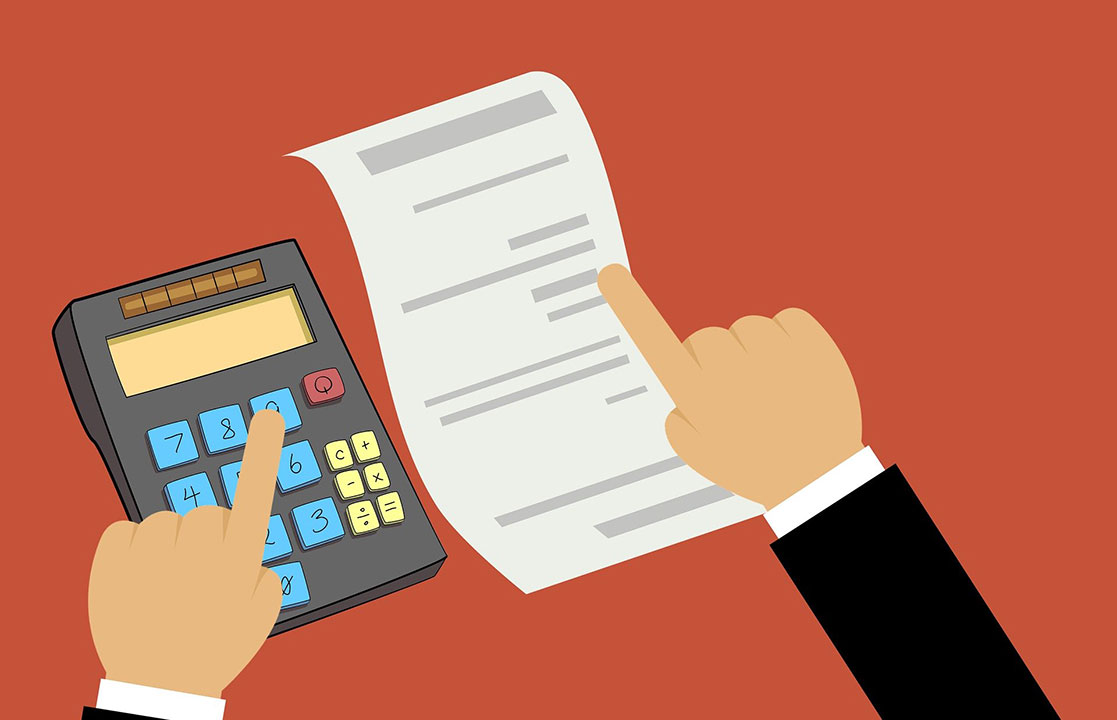
LIST: Ways to stay productive while stuck at home
Although staying home is currently one of the only defenses against the spread of COVID-19, for many people, it has led to boredom, bingeing and the blues.
However, this extended homestay could also serve as a time to get caught up on tasks which might have otherwise been thrown on the back burner, or even to develop new and improved habits. By staying productive while stuck at home, this unprecedented event might create a lasting, positive impact.
Now is a time to take action without life’s usual distractions. Here are some ideas that would make wise use of one’s time while stuck at home and reduce the threat of couch-potato syndrome.

Fill out the 2020 Census
Census data shapes the future of communities by counting every person currently living in the United States and its territories. This data provides the U.S. Census Bureau with important information that lawmakers, business owners, and various others use to make critical decisions.
Results of the census indicate areas in need of new schools, roads, health clinics, and other essential services, and they also help to determine the allocation of federal funding for numerous programs designed to serve the people. In mid-March, invitations to respond to the Census were sent out to begin collecting current data. Not only is participation required by law but responding to the census is imperative to that appropriate action can be taken to improve communities. The census can be completed online, by phone, or by mail in only a few minutes.

File taxes
Even though an extension has been granted for the 2019 tax year – from the standard April 15 deadline to July 15, 2020 – do not procrastinate. With extra time to be productive at home, filing taxes should be a priority.
On March 27, the CARES stimulus package act was passed into law and will provide qualifying individuals with $1,200, $2,400 for joint taxpayers, and $500 for each additional, qualifying child. These funds will be distributed through the IRS based on information provided by either citizens’ 2018 or 2019 tax filings. To ensure the IRS has updated information necessary to issue these funds, use the time at home to file 2019 taxes online.

Get organized
A helpful method for getting organized begins with an assessment of each room of one’s residence. One can systematically identify areas that could use a cleaning-out, declutter or reorganization. That stack of papers and mail on the table can be sorted, tossed or filed. The ever avoided Tupperware cabinet desperately needs order. Closets and drawers could use some Marie Kondo magic. It’s an opportune time to thoroughly de-junk the home, tidy the messes that have accumulated, and organize belongings completely.
An organized home can help one to achieve more in less time, reduce stress levels, give a sense of control over one’s surroundings, and allow more time to spend being creative or doing things of interest.

Research a topic
It can be enticing to lay around and binge-watch Netflix or spend hours learning TikTok dances. Instead, consider devoting the same amount of time to researching and learning about a topic of interest. It is not often that research does not accompany a writing assignment, project or work plan. For once, choose a topic that sparks curiosity and enjoy the pleasure of learning just for the fun of it; no strings attached. Learning might inspire new career aspirations or personal goals, or unexpectedly come in handy one day. Regardless, allowing the mind to explore, learn and expand, rather than turn to mush from too much TikTok, is a great way to be productive during this time.

Become financially literate
Along with the obvious health threat of the COVID-19 virus and its contagiousness, this pandemic has brought with it a significant financial burden for many who have lost sources of income. Despite one’s current financial situation, now is a good time to begin planning, budgeting and improving a financial strategy.
To budget effectively, one must first take a look at the monthly expenditures from the past few months and calculate the amount of money spent on food, shelter, clothing, transportation and utilities. From there, one can create a conservative budget that leaves room for savings.
Aim to build an emergency fund equating to at least three to six months of total expenses. If another situation like this occurs, or if there is a sudden, expensive car repair, or if a job is lost, having an emergency fund will alleviate stress and allow time to get back on track.

Tech cleanout
It is easy to lose control of emails, making it cluttered, disorganized and seemingly impossible to wrangle back into order. Now is the time to get rid of old emails no longer needed, unsubscribe from the companies and newsletters littering the inbox, combine multiple email addresses if needed, and achieve a fresh start with a new sense of control.
Phones, computers and other electronic devices could use a clean out too. It is a good time to back up files and data to an external hard drive, and reset the operating systems completely. Or, for a more measured approach, clean out old, unneeded files and photos using built-in utilities or settings features. Decluttering devices help them operate better and frees up storage space for future use. While at it, remember to clean and disinfect high-touch devices like phones, laptops and tablets as these are often the most germ-ridden objects in any household.

Rearrange furniture
Now is a time to reassess living spaces and try out new furniture arrangements. Simple rearranging can often transform an entire space, creating more room for activities and even improving Feng Shui. One might realize more efficient ways to make use of furniture pieces or discover an item or two that could be sold or donated.

Care for one’s health
Daily exercise is key, whether it’s a strength-training session in a home gym, jumping jacks in the garage, following a YouTube Pilates video while in pajamas, or simply getting outside for a walk or jog. Aim to move the body and elevate heart rate every day.
Food is fuel, so aim for nutritious meals over processed junk. Giving the body the right nutrients allows it to function optimally and can improve the immune system.
Meditate. Practice the exercise and hone the skill of silencing the mind and focusing only on breathing. This ability lends itself to a lasting sense of calm, helpful in navigating health and economic crises like that of the COVID-19 virus.
Caring for one’s health is of paramount importance, no matter the circumstance. When a sense of normalcy returns, remember to maintain those new practices.

Write letters to family or friends
Ever received a thoughtful letter out-of-the-blue from a friend or family member? It can feel good to know that someone cared enough to take the time to write. Now is a time of reflection for many, and for some people it is a great time to share with loved ones what it is about them that makes them special, acknowledge something they have done well, or encourage them in something they are going through.
Even if it is just to let someone know they are on the mind, consider writing a letter to a friend or loved one in the spare time at home.

Interview grandparents
Now is an opportune time to get in touch with grandparents or elderly persons in one’s life, to not only to check in with them but also to ask them questions about their lives. The generation that one’s grandparents grew up in looked entirely different than today’s modern world.
Learning more about their experiences could lend unique insights and offer different perspectives to today’s current events, including the COVID- 19 crisis. Plus, it is likely they have not been asked about their lives, memories or experiences in a while, depending on their circumstance, so the expression of genuine interest could be a welcome one.
